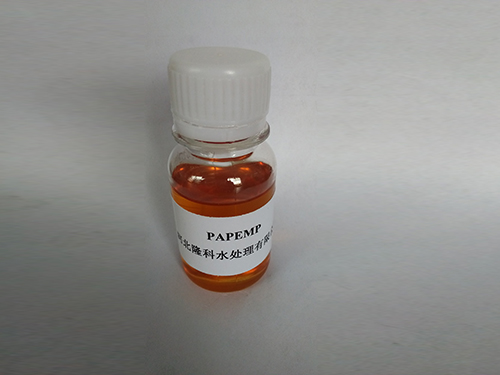flocculation chemicals
Flocculation Chemicals An Overview
Flocculation chemicals play a crucial role in various industrial and environmental applications, particularly in the treatment of wastewater, drinking water purification, and various industrial processes. These substances are essential for aggregating suspended particles, allowing for their efficient removal from liquids. This article explores the significance, types, and mechanisms of flocculation chemicals.
Flocculation Chemicals An Overview
One of the most commonly used types of flocculation chemicals is inorganic coagulants, such as aluminum sulfate (alum) and ferric chloride. These compounds work by neutralizing the negative charges on suspended particles, promoting aggregation and settling. For example, alum forms aluminum hydroxide when dissolved in water, which then attracts and enmeshes fine particles in the forming floc. In industrial settings, alum is frequently used in drinking water treatment plants due to its effectiveness and cost efficiency.
flocculation chemicals

Another category of flocculation chemicals includes synthetic organic polymers, often referred to as polyacrylamides. These high-molecular-weight compounds have a unique structure that allows them to bridge the gaps between particles, encouraging their clumping. Polymers offer significant advantages in terms of performance, particularly with finer particles that are challenging to remove using traditional coagulants. Moreover, they can be tailored for specific applications, ranging from municipal wastewater treatment to mining and oil production.
The flocculation process generally involves several steps mixing, floc formation, and settling. Initially, the flocculating agent is mixed with the water containing suspended solids. This step is critical, as proper mixing ensures that the chemical is evenly distributed and reacts with the particles. Following this, gentle agitation allows for the formation of flocs. Finally, the larger aggregates settle, separating the clarified water from the solid waste.
In addition to their industrial applications, flocculation chemicals also have environmental significance. For example, in natural water bodies, these agents can help remove excess nutrients and contaminants, reducing the risk of algal blooms and improving overall water quality.
In conclusion, flocculation chemicals are vital in managing and treating water across various sectors. Their ability to enhance the efficiency of particle removal makes them indispensable in ensuring safe and clean water supplies. As the demand for effective water treatment solutions continues to rise, ongoing research is necessary to develop new and improved flocculation chemicals, ultimately contributing to better environmental management and public health.
-
Water Treatment with Flocculant Water TreatmentNewsJun.12,2025
-
Polymaleic AnhydrideNewsJun.12,2025
-
Polyaspartic AcidNewsJun.12,2025
-
Enhance Industrial Processes with IsothiazolinonesNewsJun.12,2025
-
Enhance Industrial Processes with PBTCA SolutionsNewsJun.12,2025
-
Dodecyldimethylbenzylammonium Chloride SolutionsNewsJun.12,2025





